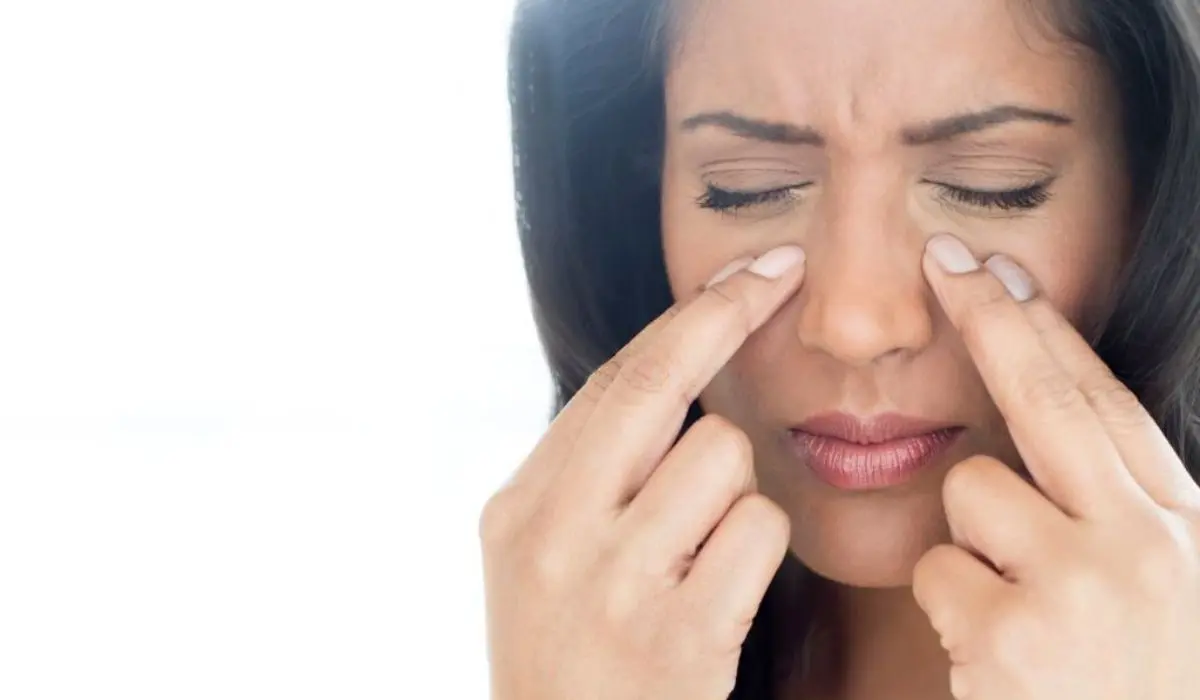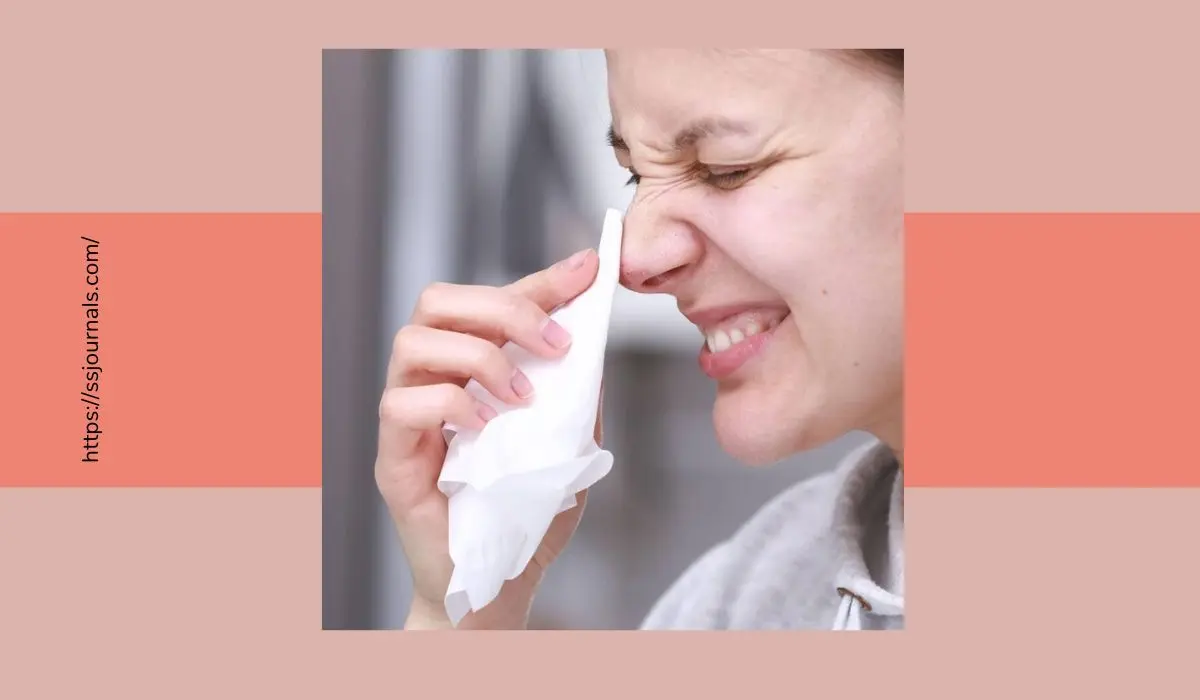Sinus infections, also called sinusitis, cause uncomfortable swelling and inflammation in the sinus cavities. This leads to severe nasal congestion, facial pain and pressure, headaches, and other debilitating symptoms.
While antibiotics are often prescribed, there are many natural remedies and home treatments you can try to get relief without medication.
What Causes Swollen Nasal Passages?
Sinus infections are typically caused by viruses, though bacteria and fungi can also trigger them. Factors like allergies, asthma, respiratory infections, and anatomical issues increase susceptibility.

Swelling of the nasal and sinus membranes blocks drainage, causing mucus buildup and colonization by germs, resulting in further inflammation and pain.
Common Symptoms
Sinus infection symptoms arise from the swelling, pressure, and blockage of the sinus cavities connected to the nasal passages. Typical symptoms include:
When To See A Doctor?
See a doctor if symptoms last more than 10-14 days, you have frequent recurring infections, or symptoms are severe.
You should also get prompt medical care if you have a high fever, stiff neck, swelling/redness in or around the eyes, or reduced consciousness, as these can signal a complication like meningitis.
Home Remedies
There are many natural ways to get relief at home:
Medical Treatments
For severe or persistent infections, doctors may prescribe:
Prevention
You can help prevent future sinus infections by:
Coping And Support
Relieving acute sinus infection pain takes consistency using nasal rinses, steam, rest, and hydration. Over-the-counter pain relievers can also provide temporary symptom relief.
Avoiding rebound nasal congestion from prolonged decongestant use is important. Getting proper treatment prevents chronic issues. Support groups connect sinusitis sufferers.
Conclusion
Using natural remedies alongside medical treatment can best relieve sinus infection symptoms. Maintaining good sinus hygiene and hydration helps speed recovery and prevent recurrence. See a doctor if home treatments do not resolve symptoms within two weeks.
FAQs
They are generally not contagious. Transmission is unlikely unless someone sneezes into your nasal passage.
Acute sinus infections usually last 7-10 days but up to 14 days. See a doctor if symptoms persist longer.
A: Good hygiene, managing allergies, and avoiding irritants help prevent sinusitis. Some anatomical factors that impair sinus drainage cannot be prevented.

